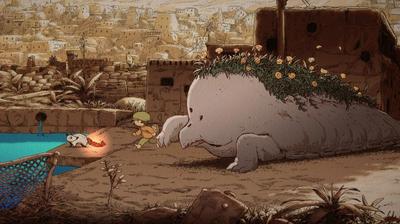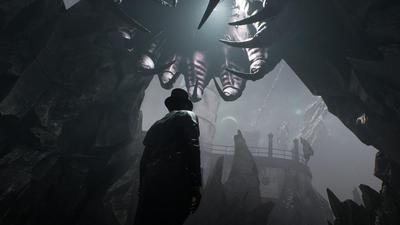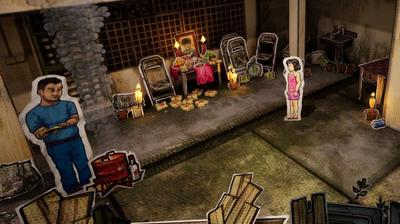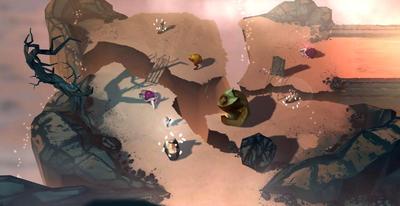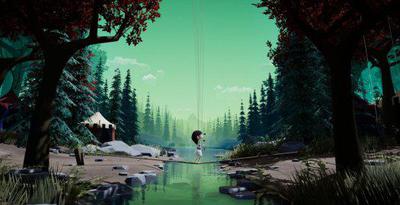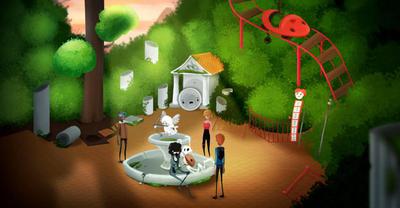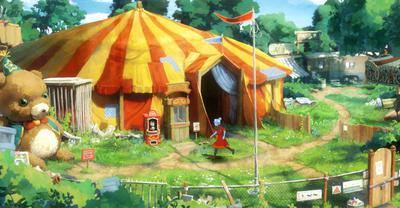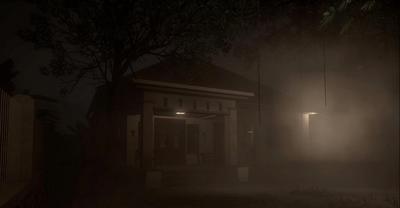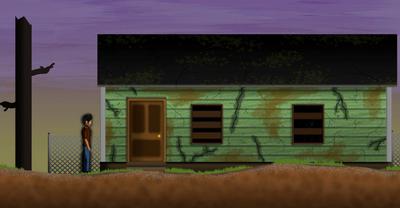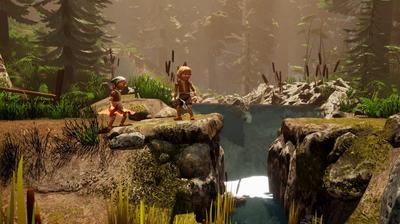
REVIEW: Once a Tale
The fairy tales and fables we knew as children have an incredible power to loom in our imaginations, providing us with sustenance well into adulthood. In a Western context, figures such as Hansel and Gretel, Snow White, and the Three Little Pigs offer a comforting familiarity, while the witches and wolves that act as their antagonists serve as gentle metaphors for the forces of evil at work in our real world. Carcajou Games’ Once a Tale takes various characters from these stories and places them into a unique narrative captured in striking stop-motion animation with hand-crafted models and sets. While it does have its rougher aspects—and a fixed camera that creates some awkwardness—it also boasts solid puzzle-driven gameplay (with a dash of stealth), gorgeous sights and sounds throughout a beautiful world to explore, and a brilliant finale.
 Filters & Sorting
Filters & Sorting

